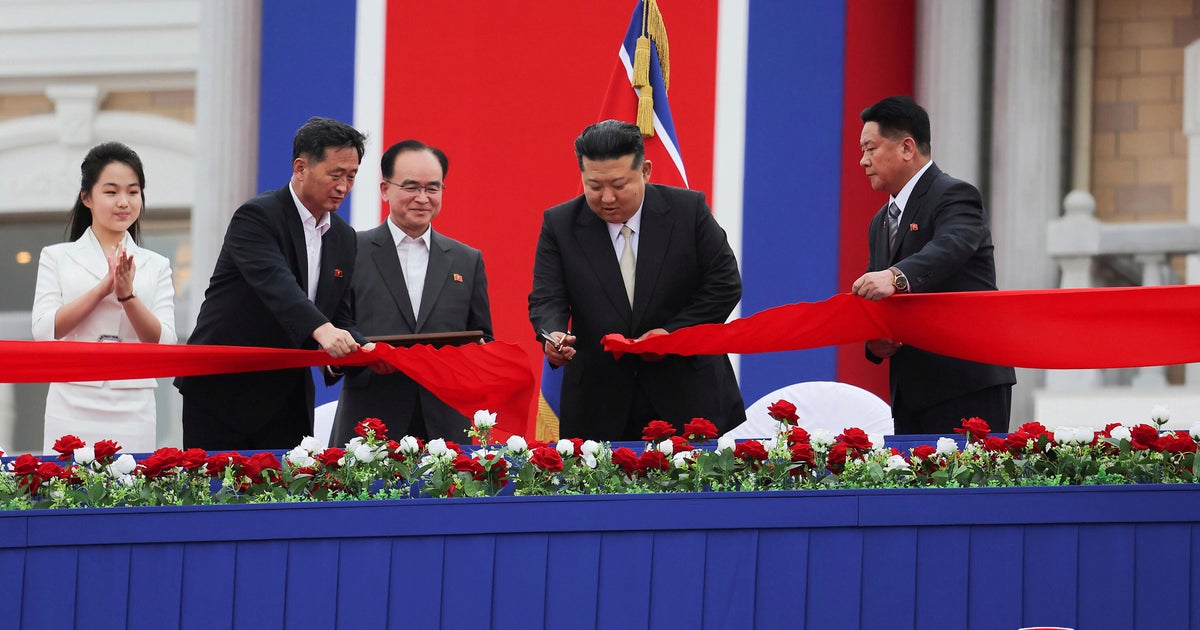In the wake of a damning EU review of Israel's human rights record in Gaza, Spanish Prime Minister Pedro Sanchez slammed his colleagues for not moving to suspend a trade deal with Israel despite what he called "the catastrophic situation of genocide."
More than 55,000 Palestinians have been killed in the enclave over more than 18 months of Israeli bombardment, according to Hamas-run Gazan authorities. Israel vehemently denies accusations of genocide, maintaining that it is at war with the ruling militant Islamist group Hamas following a massive terror attack on Israeli territory in 2023.
In a report distributed to the member states last week based on the findings and allegations of major international bodies, the European External Action Service found "indications" that Israel was breaching its duty to respect to human rights.
 Sanchez: outspoken but outnumberedImage: Yves Herman/REUTERS
Sanchez: outspoken but outnumberedImage: Yves Herman/REUTERSThe document, not public but made available to DW, highlighted possible indiscriminate attacks affecting the civilian population, Israel's blockade on food and medicine plus attacks on medical facilities as potential breaches. "There are indications that Israel would be in breach of its human rights obligations," the report concluded.
Arriving at an EU summit in Brussels on Thursday, Sanchez said it was "more than obvious that Israel is violating Article 2 of the EU-Israel agreement."
"We have had 18 sanctions packages against Russia for its aggression [in Ukraine], and Europe, with its double standards, is not capable of suspending an association agreement," Sanchez said.
Suspension off the cards
Spain and Ireland are isolated among the 27 EU states in openly calling for the suspension of the deal in full, a move that would require unanimity and has therefore never been a serious prospect. Greece, Germany, Hungary, Austria, and Bulgaria remain close allies of Israel.
Berlin in particular has made its views clear, with Chancellor Friedrich Merz describing the move as "out of the question with the federal [German] government."
 Israeli Prime Minister Benjamin Netanyahu slammed the EU review as an outrageImage: Marc Israel Sellem/POOL/AFP
Israeli Prime Minister Benjamin Netanyahu slammed the EU review as an outrageImage: Marc Israel Sellem/POOL/AFP Doing so would be a major commercial disruption, particularly for Israel, which buys a third of its goods from the EU. The accord, in force since 2000, covers everything from the two sides trading relationship – worth $50 billion each year for goods alone – up to political dialogue, and cooperation on research and technology.
Another possibility, requiring only a qualified majority of 15 out of 27, would be the partial suspension of the deal, for example, its provisions on free trade or shutting Israel out of EU research funding programme Horizon. But multiple diplomatic sources told DW that the numbers weren't there either.
Top EU diplomat: Goal not to ‘punish Israel'
Earlier in the week, EU foreign affairs chief Kaja Kallas officially presented the document to the member states for a first debate, already making clear there would be no immediate moves.
"It is not intended to punish Israel, but to trigger concrete improvements for the people and the lives of people in Gaza," she said on Monday. "If the situation does not improve, then we can also discuss further measures and come back to this in July."
On Thursday, EU leaders at the summit only "took note" of the report in their joint statement, making no reference to potential rights breaches, and said ministers should revisit the topic next month. At the same time, the 27 leaders deplored the "dire humanitarian situation in Gaza, the unacceptable number of civilian casualties and the levels of starvation."
‘No foreign policy topic' more divisive than Israel
Spain has also been calling for an EU embargo on the sale of arms to Israel, with Germany one of the country's major suppliers, as well as more sanctions. However, Berlin recently reaffirmed it would keep selling Israel weapons, and without Germany on board, the move wouldn't have much impact.
A few other countries, including Belgium, France and Sweden, have supported imposing additional EU sanctions on Israel, but these too require unanimity.
EU Council Summit dominated by trade issues, armed conflicts
Echoing Sanchez, Irish leader Michael Martin said he would tell his colleagues at the summit that "the people of Europe find it incomprehensible that Europe does not seem to be in a position to put pressure on Israel."
According to Lisa Musiol of conflict resolution think tank Crisis Group, maximum pressure would entail an arms embargo, large-scale sanctions against members of the government or a full suspension of the Association Agreement.
"But almost no European leader speaks about such measures," Musiol told DW in a written statement. "There is probably no foreign policy topic within the EU where member states are so divided."
Iran tensions push member states back to old positions
Last month, it looked for a brief moment like the EU was indeed collectively hardening its stance. The Dutch proposed the review of the Association Agreement, and the move was greenlit by a majority of EU states on May 20.
This came shortly after France, Britain and Canada issued a rare joint statement condemning Israel's latest offensive in Gaza and described its restrictions on aid as being "wholly disproportionate," and possibly in breach of international humanitarian law.
There was a distinctive feeling that policy could be shifting.
Musiol of Crisis Group said that that window seemed now to have closed. "It seems that after the recent escalation between Israel and Iran, many member states have fallen into their old positions," she said.
"Even those member states that have traditionally been strong supporters of Israel but had started to be more outspoken or critical, such as Germany or Italy, have changed their tone."
Edited by: Andreas Illmer

 3 hours ago
1
3 hours ago
1









